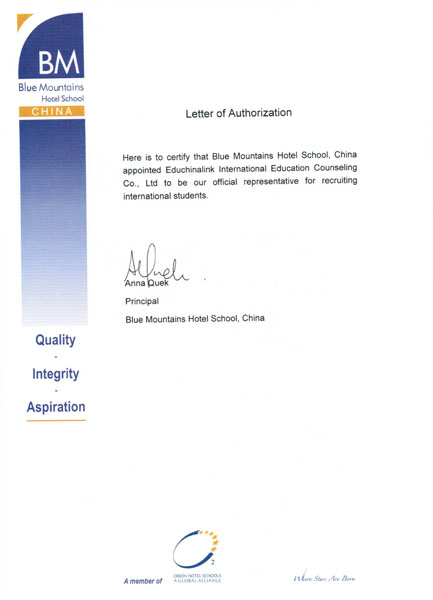
|
About Program
Organized jointly by Nankai University and University of Glasgow since 2015, the MSc in Environmental Management draws on expertise in the college of Environmental Science and Engineering at NKU and the School of Geographical & Earth Sciences and the School of Interdisciplinary Studies at the University of Glasgow. Together they represent a leading centre of expertise in environmental teaching and research. They work on issues dealing with the natural and urban environment including policies and practices for environmental management.
Programme Structure
The MSc in Environmental Management aims to produce graduates who
1)have a strong understanding of the environment and how it changes
2)have an awareness of economic and policy issues affecting the environment
3)are able to apply practical and technical solutions to assist in the management of the environment, environmental risk and environmental change.
You will develop a firm understanding of the environment – and how human and physical processes affect it.
You will be introduced to policies and practices for environmental management, as they are applied in a range of environments and at different scales. You will develop skills in processing and presenting environmental information to inform and enhance environmental management.
You will gain an enhanced appreciation of the importance of research and reflection as a route to successful environmental management.
Graduate Attributes
This degree programme equips you for a wide range of opportunities by providing the knowledge and understanding to:
Critically assess the influence of physical processes and the impact of human decision making on the environment
Evaluate theories of environmental management
Discuss theories of climate change, how this will affect different environments
Compare and contrast environmental management policies in different regions and at different scales
Develop strategies for behavioral change to improve management of the environment
Explain the need to develop policies to manage the environment at different scales
Create plans to react to and manage environmental change
Explain how GIS and Remote Sensing contribute to the management of environmental data and can contribute to environmental management.
Programme Courses
The Programme is taken over two years of full-time study and includes required courses offered by both universities.
Nankai University courses may include:
Applied Mathematics
Environmental Management
Advances in Environmental Impacts Assessment
Environmental Economics
Industrial Ecology
Theory and Principles of Sustainability
English Language Training.
University of Glasgow courses may include:
GIS for Environmental Management
Environmental Remote Sensing
Understanding Environmental Change
Environmental Ethics and Behavioural Change
Research Methods.
You will also be required to submit a dissertation in English.
Career Prospects
Career opportunities include positions in international organisations, government ministries, academia and research institutions, non-governmental organisations; and further study at PhD level.
Programme Facts
Start date: Middle of September each year
Duration: 2 years, Full-Time
Location: Nankai University, Tianjin, China.
Teaching Language English
Tuition fees: RMB 50,000 /year or RMB100,000/programme
Degree Granted: UOG MSc degree and NKU Master’s degree
Admission Evaluation
Click here for more information
1. Non-Chinese citizens who hold valid passport and above the age of 18 2. Successful completion of an undergraduate degree or equivalent with good grades. 3. English language requirements I. Unconditional Offer IELTS: 6.5 and 6.0 in each band PTE Academic: 60, no sub-test less than 59 IBT TOEFL: 92, no sub-test less than 20 II. Unconditional Offer, subject to students completing an 8-week pre-sessional English course IELTS: 6 (Listening 5.5, Speaking 5.5, Reading 5.5, Writing 5.5); IBT TOEFL: 80, with 20 in Writing; PTE Academic: 54
1. Health certificate
5. Academic transcripts Personal statement outlining why they wish to study International Affairs and Public Policy and why they would be suitable for the course. 7. Two recommendation letter 8.Physical examination record |











